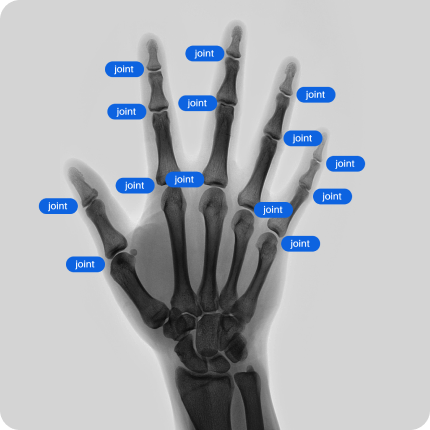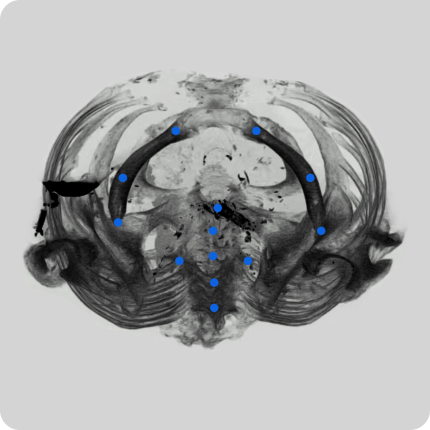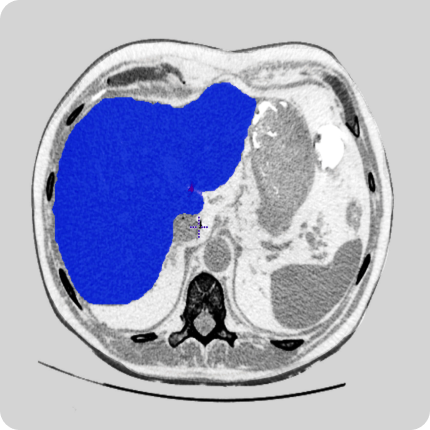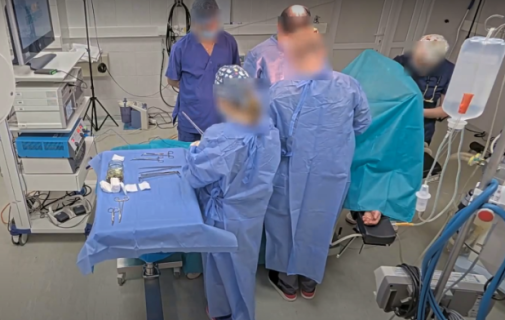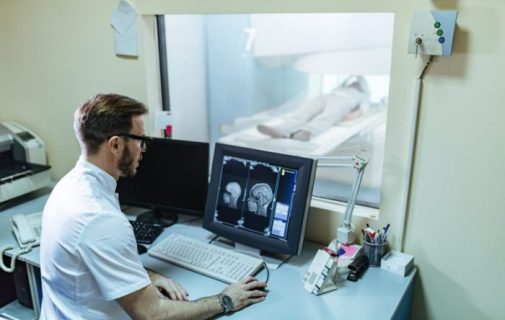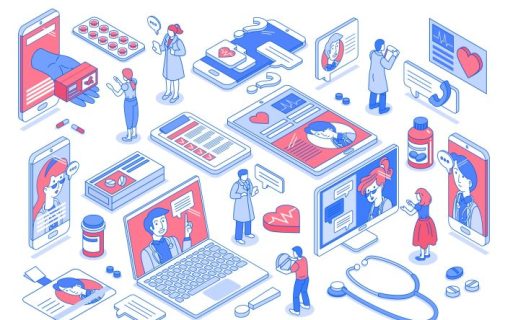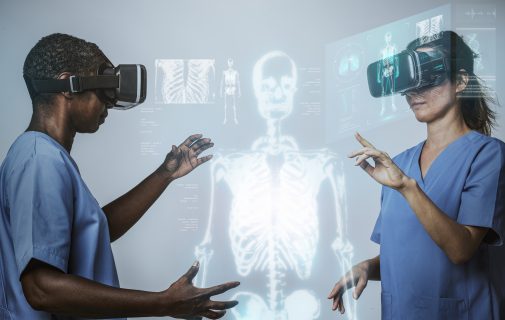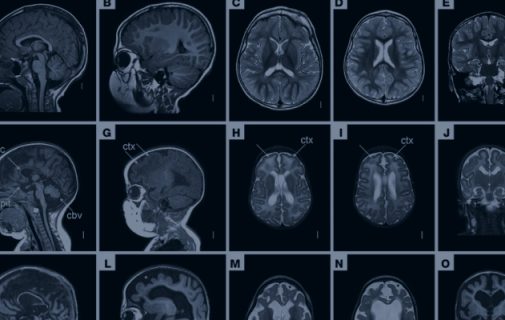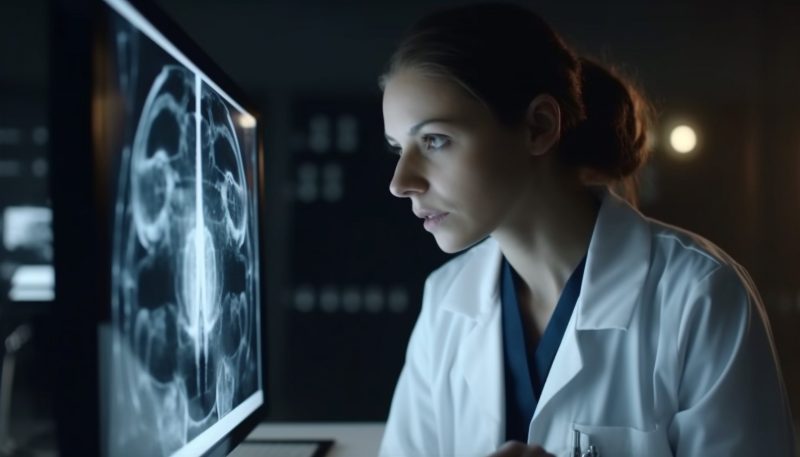
The Current State of AI in Radiology
AI algorithms, particularly deep learning models, have shown great promise in assisting radiologists with tasks such as image interpretation, lesion detection, and disease diagnosis. These algorithms can process vast amounts of medical image data in a fraction of the time it would take a human radiologist, potentially increasing efficiency and accuracy.
Key advancements in AI radiology applications include:
1. Image Enhancement: AI can improve the quality of medical images, making it easier for radiologists to identify subtle abnormalities.
2. Automated Detection: AI algorithms can detect and highlight potential issues, such as tumors or fractures, aiding radiologists in their assessments.
3. Pattern Recognition: AI can identify patterns in images, helping to diagnose diseases like cancer or predict disease progression.
4. Workflow Optimization: AI can streamline the radiologist’s workflow by prioritizing urgent cases and reducing the burden of routine tasks.
Challenges and Limitations
While AI has made impressive strides, several challenges and limitations must be addressed before it can replace radiologists entirely:
1. Lack of Contextual Understanding: AI systems lack the broader clinical context and nuanced understanding that human radiologists possess. Interpreting an image involves considering a patient’s medical history and other factors.
2. Data Quality and Bias: AI models heavily depend on the quality and diversity of training data. Biased or insufficient data can lead to incorrect or discriminatory results.
3. Ethical Concerns: Replacing radiologists entirely raises ethical concerns related to patient care, accountability, and the potential dehumanization of healthcare.
4. Regulatory Hurdles: Regulations and guidelines surrounding the use of AI in healthcare vary by region and are still evolving, creating uncertainty about liability and compliance.
A Collaborative Future
The prevailing sentiment among experts is that AI will not replace radiologists but rather complement their expertise. Here’s why a collaborative future is likely:
1. Augmentation, Not Replacement: AI can enhance radiologists’ capabilities by providing them with tools for faster and more accurate image analysis, reducing the risk of oversight and improving diagnostic accuracy.
2. Human-AI Synergy: Radiologists can focus on complex cases, clinical decision-making, and patient interaction while AI handles routine tasks. This synergy can improve overall patient care.
3. Quality Assurance: Radiologists will play a crucial role in validating AI outputs, ensuring patient safety, and maintaining the highest standards of care.
4. Education and Training: Radiologists will need to adapt to the changing landscape, learning how to work effectively with AI tools and continuing their professional development.
Conclusion
AI has undoubtedly revolutionized the field of radiology, offering the potential for more efficient and accurate diagnoses. However, the notion that AI will entirely replace radiologists remains speculative and unlikely in the foreseeable future. Instead, the synergy between human radiologists and AI promises to redefine the role of radiologists, making them more efficient and capable in delivering high-quality patient care. As AI technology continues to evolve, radiologists will need to embrace these tools as valuable allies in the pursuit of improved healthcare outcomes.

